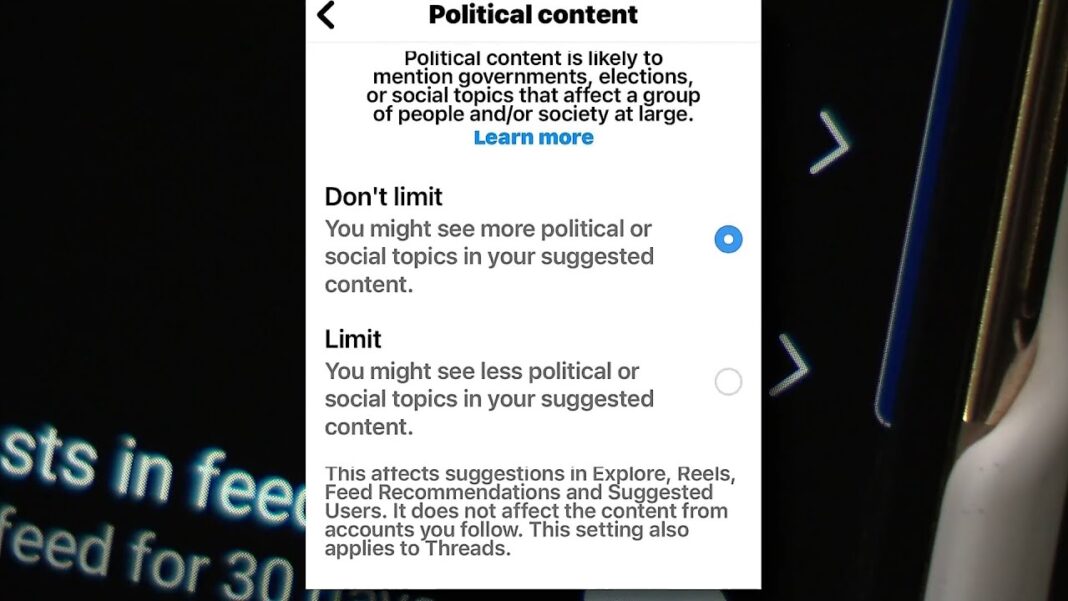
The move drew criticism from conservatives and others, who warned it would be used to crack down on Second Amendment rights and target political opponents.
The Biden administration is setting up a national center to provide training and technical assistance to help police, prosecutors, judges, and others implement “red flags” laws more effectively to take away guns from Americans “who pose a threat to themselves or others,” drawing criticism from some conservatives.
The Department of Justice (DOJ) announced on March 23 that it had launched the National Extreme Risk Protection Order (ERPO) Resource Center, a training and technical assistance hub that it says is meant to support states and localities in the implementation of their ERPO or red flag laws, which have long been controversial.
Red flag laws basically let someone like police, family members, or medical professionals bring a claim to an emergency court alleging that a person is mentally unwell and is a danger to themselves or others. If the court accepts the claim, that individual can then be “flagged” and prevented from buying firearms and allows the police to seize any guns in their possession.
Advocates of these types of laws, which have been implemented in a number of states, argue they’re needed to keep firearms out of the hands of people who are potentially dangerous.
“The launch of the National Extreme Risk Protection Order Resource Center will provide our partners across the country with valuable resources to keep firearms out of the hands of individuals who pose a threat to themselves or others,” Attorney General Merrick Garland said in a March 23 statement.
Critics argue that these laws deny gun owners their Second Amendment rights without due process.
“Merrick Garland just announced a massive RedFlag Operation that the DOJ will be running by using EVERY spy tool the US government has in order to violate American’s Second Amendment!!” Rep. Marjorie Taylor Greene (R-Ga.) said in a post on X, in which she called the Justice Department under President Joe Biden “weaponized.”
Merrick Garland just announced a massive Red Flag Operation that the DOJ will be running by using EVERY spy tool the US government has in order to violate American’s Second Amendment!!
— Rep. Marjorie Taylor Greene🇺🇸 (@RepMTG) March 23, 2024
This comes right after Johnson fully funded Biden’s weaponized DOJ! https://t.co/tScHgTbcy8
As of March 2024, 21 states and the District of Columbia have enacted red flag laws.
Even though ERPOs are civil orders as opposed to criminal ones, violating such an order could be a criminal offense.
By Tom Ozimek
Read Full Article on TheEpochTimes.com
Justice Department Launches the National Extreme Risk Protection Order Resource Center
The Justice Department launched the National Extreme Risk Protection Order (ERPO) Resource Center (the Center) which will provide training and technical assistance to law enforcement officials, prosecutors, attorneys, judges, clinicians, victim service and social service providers, community organizations, and behavioral health professionals responsible for implementing laws designed to keep guns out of the hands of people who pose a threat to themselves or others.
“The launch of the National Extreme Risk Protection Order Resource Center will provide our partners across the country with valuable resources to keep firearms out of the hands of individuals who pose a threat to themselves or others,” said Attorney General Merrick B. Garland. “The establishment of the Center is the latest example of the Justice Department’s work to use every tool provided by the landmark Bipartisan Safer Communities Act to protect communities from gun violence.”
ERPO laws, which are modeled off domestic violence protection orders, create a civil process allowing law enforcement, family members (in most states), and medical professionals or other groups (in some states) to petition a court to temporarily prohibit someone at risk of harming themselves or others from purchasing and possessing firearms for the duration of the order.
In 2023, the Justice Department’s Office of Justice Programs (OJP) awarded $238 million to states, territories, and the District of Columbia under the Byrne State Crisis Intervention Program (SCIP), which was created by the Bipartisan Safer Communities Act and is designed to help jurisdictions implement crisis intervention strategies, including ERPO programs. In addition, OJP awarded $4 million to support training and technical assistance under Byrne SCIP, including $2 million that was awarded to the Johns Hopkins Center for Gun Violence Solutions to establish the ERPO Resource Center. In collaboration with OJP’s Bureau of Justice Assistance (BJA), the Center will support states, local governments, law enforcement, prosecutors, attorneys, judges, clinicians, victim service providers, and behavioral health and other social service providers in their efforts to implement ERPO programs to fit local needs, share resources and promising practices with the field, and help ensure that funding received through Byrne SCIP is effectively utilized.
“Supporting our law enforcement and community partners in curbing the scourge of gun violence is more critical than ever,” said Acting Associate Attorney General Benjamin C. Mizer. “In addition to other resources leveraged across the Justice Department, this Center will provide communities with new tools and technical assistance to help them implement effective crisis intervention strategies and reduce gun violence.”
“OJP’s investment in ERPO programs demonstrates the Department’s commitment to addressing the gun violence crisis in the United States,” said OJP Assistant Attorney General Amy L. Solomon. “This crisis cannot be solved at one level of government. We must use all of our resources and collaborate at the federal, state, and local levels to find innovative, evidence-based, and holistic solutions to help keep American communities safe.”
Through the Center and its newly launched website, states, local governments, law enforcement, prosecutors, attorneys, judges, clinicians, victim service providers, and behavioral health and other social service providers will have direct access to critical information that will enhance their ability to reduce firearm homicides and suicides. The website will be maintained and updated to include newly developed resources for the field created through the Center, in partnership with BJA. The website also provides a platform for the Center to highlight emerging and promising practices in successful ERPO implementation and connect states and localities to innovative strategies to reduce gun violence and save lives.
As of this month, 21 states and the District of Columbia have enacted ERPO laws. Successful and effective ERPO implementation requires a comprehensive and holistic approach that incorporates a wide range of stakeholders. The Center is designed to provide resources consistent with that need.
Updated March 23, 2024





